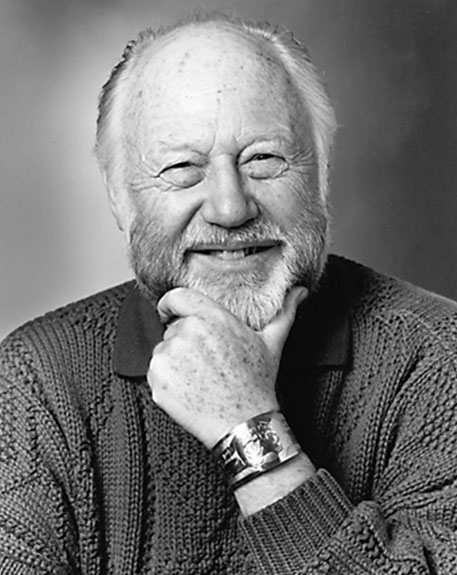2024 INDUCTEE John E. Dick, PhD Cells, Genetics & Genomics
July 31, 1954
(Winnipeg, Manitoba)
PhD, University of Manitoba (1984)
Post-Doc, University of Toronto (1986)
2022: McLaughlin Medal For Important Research of Sustained Excellence in Medical Science, The Royal Society of Canada
2022: Till & McCulloch Lectureship Award, Cell Therapy Transplant Canada (CTTC)
See All AwardsAwards & Honours:
2022: McLaughlin Medal For Important Research of Sustained Excellence in Medical Science, The Royal Society of Canada
2022: Till & McCulloch Lectureship Award, Cell Therapy Transplant Canada (CTTC)
2022: Inaugural AACR Award for Outstanding Achievement in Blood Cancer Research
2022: Gairdner International Award
2020: International Member of the National Academy of Medicine (NAM)
2020: Pezcoller Foundation, AACR International Award for Extraordinary Achievement in Cancer Research
2019: Dr. Chew Wei Memorial Prize in Cancer Research, University of British Columbia
2019: ISSCR Award for Innovation, International Society for Stem Cell Research (USA)
2018: ASH Mentor Award, The American Society of Hematology (USA)
2018: Richard Hill Mentorship Award, Princess Margaret Cancer Centre
2018: Special Achievement Award, Miami Winter Symposium (USA)
2017: KEIO Medical Science Prize (Japan)
2017: Tobias Award, The International Society for Stem Cell Research (USA)
2017: International KFG Research Prize, Rigshospitalet, University of Copenhagen (Denmark)
2016: Fellow of the AACR Academy (USA)
2016: Gold Leaf Prize for Discovery, CIHR
2014: Fellow of the Royal Society of London (UK)
2013: Outstanding Achievements in Cancer Research, Canadian Cancer Research Alliance
2009: E. Donnall Thomas Prize, American Society of Hematology
2009: Clifford Prize for Cancer Research, Centre for Cancer Biology, University of Adelaide (Australia)
2009: Men of Distinction Award, Israel Cancer Research Fund of Toronto
2008: Clowes Memorial Award, The American Association for Cancer Research
2007: Diamond Jubilee Award, Canadian Cancer Society Research Institute
2007: Premier's Summit Award in Medical Research
2007: Don Metcalf Award, International Society of Experimental Hematology
2005: William Dameshek Prize, American Society of Hematology
2004: Fellow of the Royal Society of Canada, Academy of Sciences
2002: Canada Research Chair in Stem Cell Biology, University of Toronto
2002: 5th Boerhaave Medal, Leiden University (Netherlands)
2000: Robert L. Noble Prize for Excellence in Cancer Research, National Cancer Institute of Canada
1997: Michael Smith Award for Excellence, Medical Research Council of Canada
1996-2021: MRC Scientist Award
1995-1996: Extension of NCIC Research Scientist Award
1990: Pfizer Travelling Fellow, Clinical Research Institute of Montreal
1984-1986: Medical Research Council Post Doctoral Fellowship
1978: Mindel and Tom Olenik Medal and Prize in Microbiology
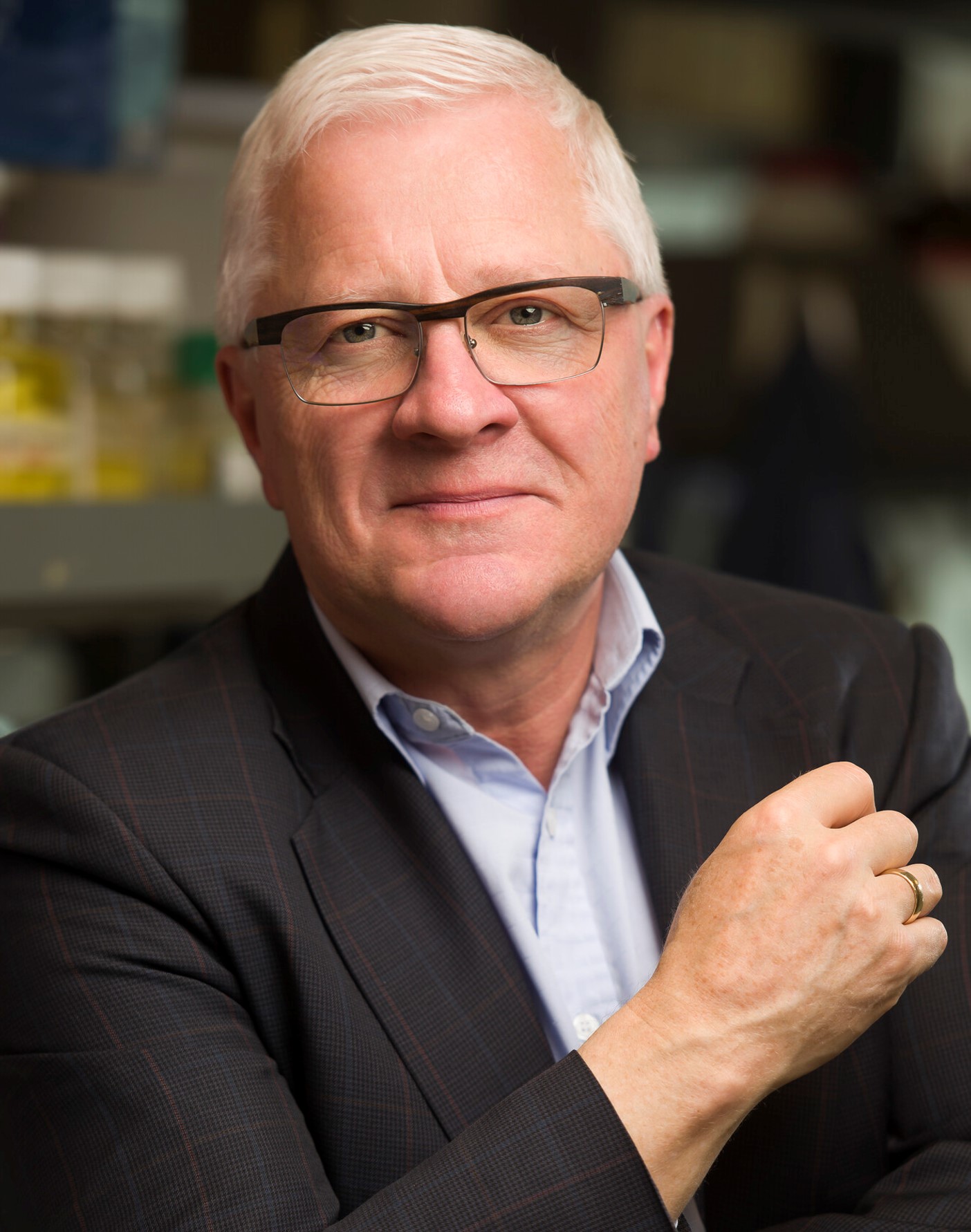
Revolutionized blood cancer research by discovering leukemia stem cells
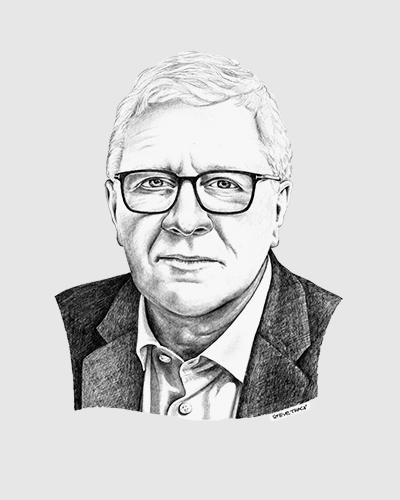
A pioneer in blood cancer research
For nearly four decades, John E. Dick, PhD, FRS has been revolutionizing the field of cancer stem cell (CSC) biology. His discovery of leukemia stem cells, the first type of CSC to be detected and characterized by researchers, laid the foundation for new approaches to treating cancer. Since this discovery, his findings have been used to detect CSCs in human tumours such as those affecting the brain, pancreas, skin and liver. By proving that CSCs are clinically relevant, Dr. Dick transformed our understanding of the origin and nature of cancer, leading virtually all major cancer centres worldwide to explore the underlying biological characteristics and regulation of these cells. Industry leaders have followed suit, with large pharmaceutical companies like Merck and Genentech developing new drug candidates that target CSCs. For his remarkable work with several prestigious organizations as a scientist, professor and director, Dr. Dick has been honoured with numerous accolades, including the Canada Gairdner International Award (2022). He continues to lead and influence the CSC field, most recently as the Helga and Antonio De Gasperis Chair in Blood Cancer Stem Cell Research at University Health Network.
Key Facts
Developed novel cell sorting schemes that challenged the traditional textbook view of blood development and illuminated the formation of blood cellular components (human haematopoiesis)
Established that cancers are hierarchically organized and sustained by self-renewing leukemia stem cells, which led to vital new targeted drugs
Provided a foundation for understanding why human tumour cells can vary in their growth and resistance to therapy, leading to more accurate treatments
Helped create a method to identify individuals at risk for progression to acute myeloid leukemia up to 10 years in advance
Developed experimental models that characterize the genes and cells involved in the full cancer process to improve prevention and treatment
Professional timeline
Professional Timeline Title
Dr. Dick’s discovery of leukemia stem cells (LSCs) shed new light on the underlying biology of cancer and stimulated a new field of research on cancer stem cells (CSCs). His findings revealed that individual cancer cells are not equal. Rather, they are organized as a cellular hierarchy in which only rare leukemia cells exhibit self-renewal. This discovery highlighted the importance of investigating the individual properties of tumour cells, as CSCs are the only cells capable of long-term cancer propagation. The focus on CSCs has led to more effective therapies that ensure patients’ cancerous cells are eradicated.
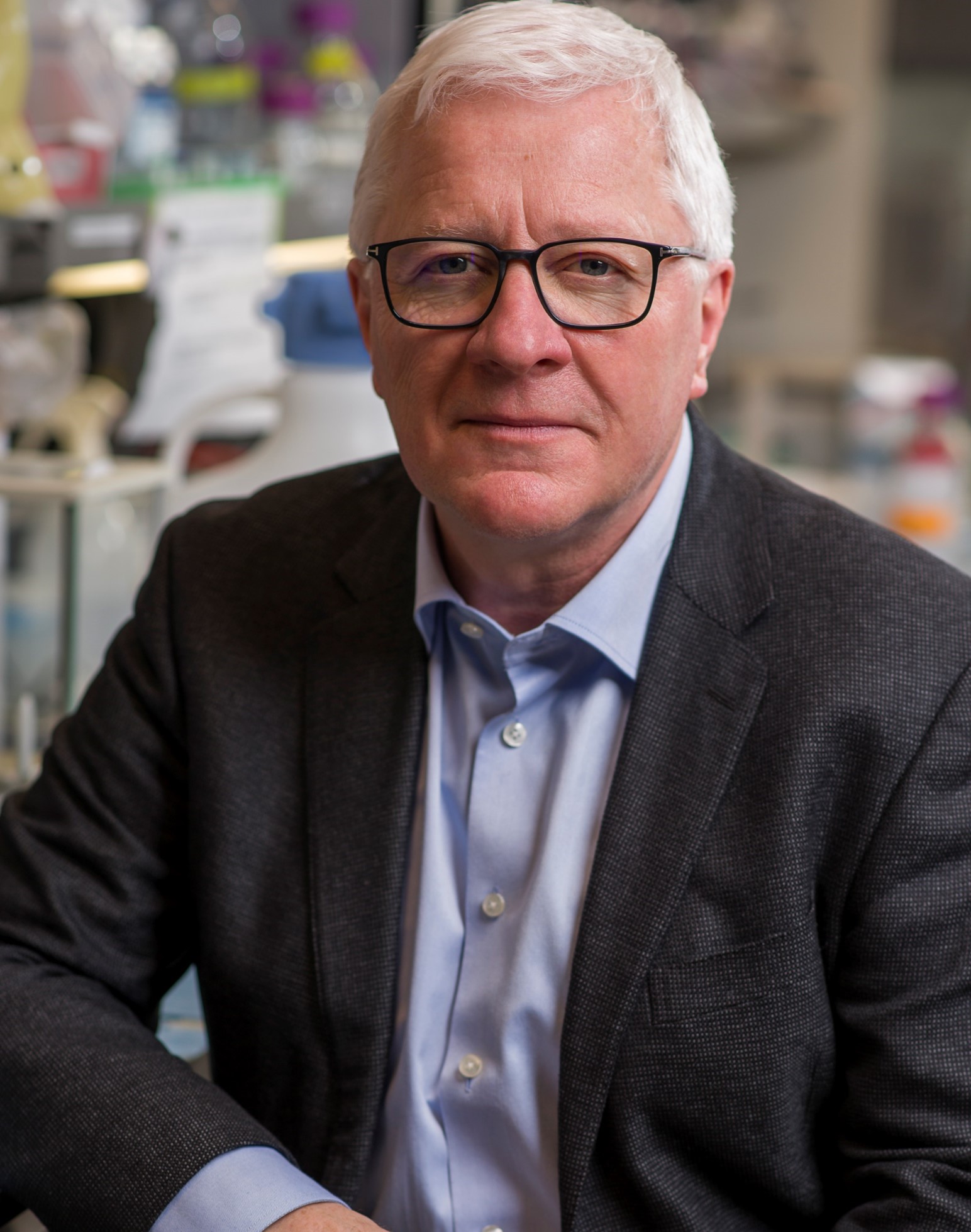
2024
-
Dr. John Dick demonstrated that detection of pre-leukemia haematopoietic stem cells can predict individuals at risk for progression to acute myeloid leukemia up to a decade in advance
Understanding the body and disease process, Cells, Genetics & Genomics, Cancer -
Discovered the first definitive evidence that leukemia stem cells lie at the heart of therapy failure and disease recurrence
Cells, Genetics & Genomics -
Conducted single cell studies that depicted a new textbook view for the organization of early human blood development
Blood -
Dr. John Dick provided the first evidence that leukemia stem cell gene expression signatures are clinically relevant
Understanding the body and disease process, Cancer, Cells, Genetics & Genomics -

After 20 years of work to improve the xenograft assay, his research culminated in the purification of human haematopoietic stem cells at single cell resolution
Cells, Genetics & Genomics -

The province-wide Cancer Stem Cell Program in the newly organized Ontario Institute for Cancer Research was created and led by Dr. John Dick
Building our health organizations and systems, Leadership in Organizational Development -
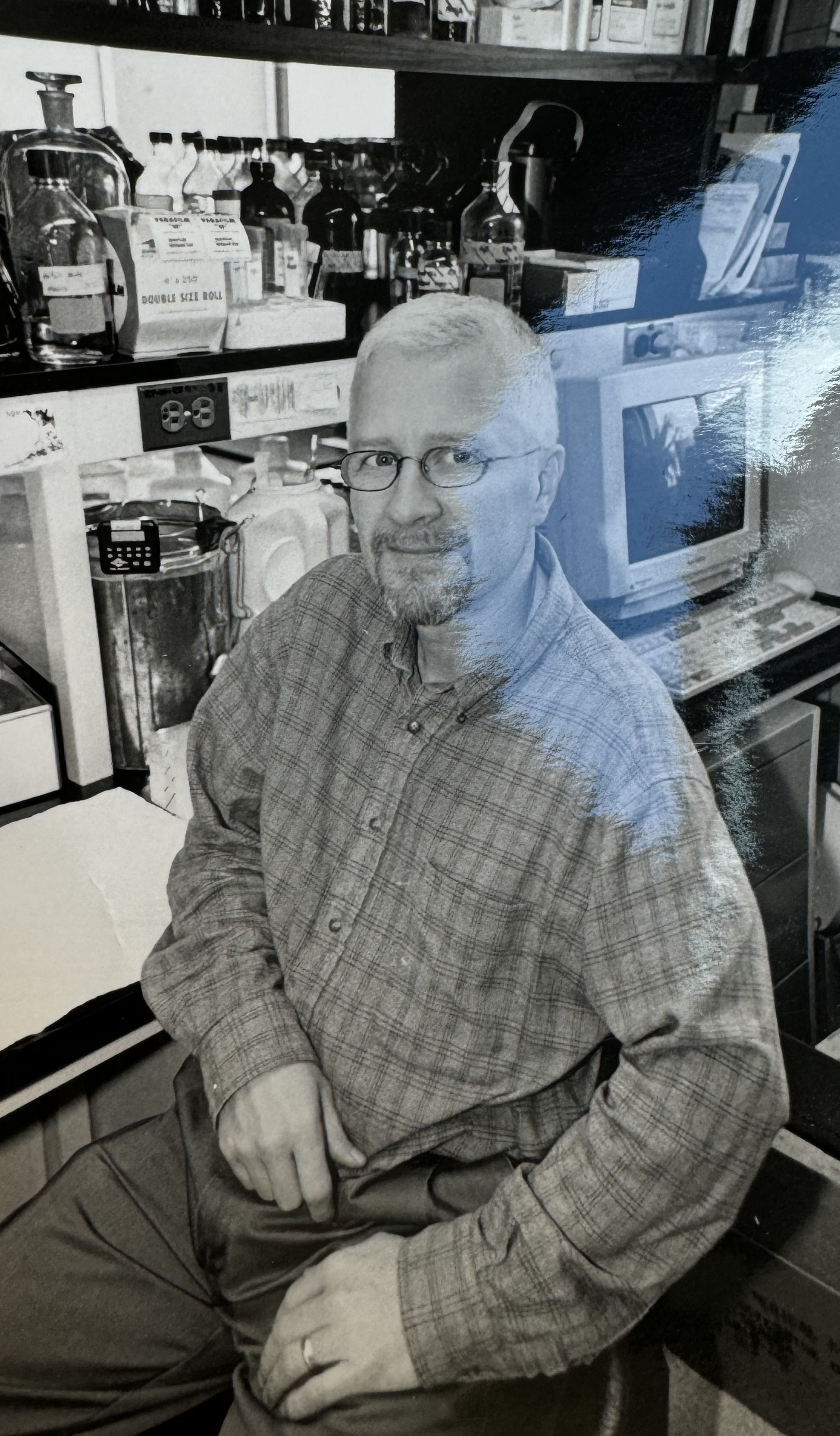
Dr. John Dick identified cancer stem cells in human colon cancer
Understanding the body and disease process, Cells, Genetics & Genomics -

Moved to the Princess Margaret Cancer Centre
-
Identified human leukemia stem cells, establishing that human acute myeloid leukemia was organized as a cellular hierarchy
Cells, Genetics & Genomics, Cancer -

Dr. John Dick developed the first xenograft assay (the implantation of human tumour cells into immunocompromised mice) for human leukemia cells
Understanding the body and disease process, Cells, Genetics & GenomicsSince being developed, this assay has attained worldwide acceptance as the “gold standard” for detecting human haematopoietic stem cells and leukemia stem cells.
-
Reported the first studies showing that human multi-lineage blood cells had repopulated mouse haematopoietic tissues, setting the stage for a human stem cell assay
Blood, Cells, Genetics & Genomics, Cancer -
Began his independent research career in the Department of Genetics at the Hospital for Sick Children and the Department of Medical Genetics at the University of Toronto
-
Published a key paper on transduction of multi-lineage haematopoietic stem cells, helping to advance the emerging field of gene therapy
Cells, Genetics & Genomics -
Completed his PhD with Dr. Jim Wright at the University of Manitoba and began his postdoctoral fellowship with Dr. Alan Bernstein at the Ontario Cancer Institute
1984
There are very few scientists whose work has been as influential and pioneering in the blood cancer research field as Dr. Dick’s.


